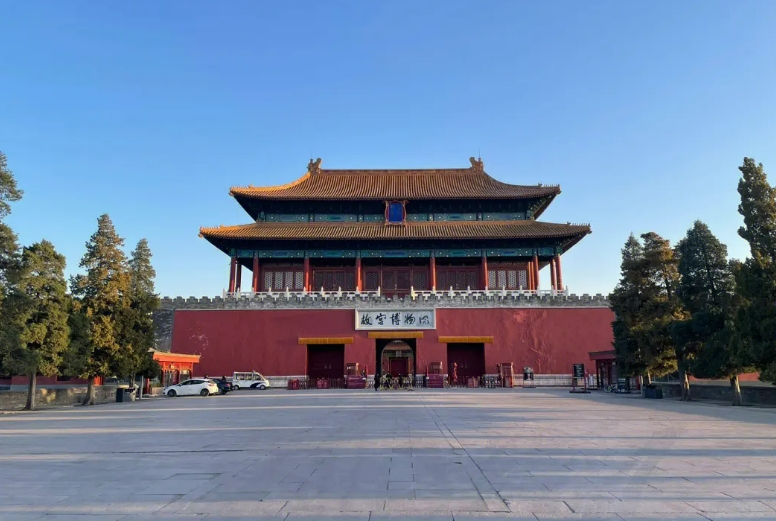
Where Did the Emperor Sleep in the Forbidden City?
The Forbidden City, a sprawling complex of palaces and courtyards in the heart of Beijing, served as the imperial residence for centuries in China. While many imagine emperors residing in opulent luxury, the reality of their living arrangements, particularly where they slept, is more nuanced.
The initial plan for the emperor's sleeping quarters placed him within the Palace of Heavenly Purity (乾清宫). Located along the central axis of the Forbidden City, this palace symbolized the emperor's supreme authority and connection to Heaven. It was here that the emperor, along with the empress, were meant to reside. The Palace of Heavenly Purity, with its grand throne room and exquisitely decorated chambers, might seem like the obvious choice for the emperor's bedroom.
However, history took a turn during the reign of the Qing dynasty. Emperor Yongzheng (1678–1735), superstitious and unwilling to occupy the same room where his father, the Kangxi Emperor, passed away, decided on a significant change. He shifted his personal quarters to the Hall of Mental Cultivation (养心殿), located in the inner court, west of the Palace of Heavenly Purity.
This relocation set a precedent for subsequent Qing emperors, who continued to use the Hall of Mental Cultivation as their primary residence. Smaller and less imposing than the Palace of Heavenly Purity, the Hall of Mental Cultivation provided a sense of privacy and tranquility. Here, emperors could engage in scholarly pursuits, receive close advisors, and retire to their bedchamber without the formality and grandeur of the main palace.
While the emperor resided in the Hall of Mental Cultivation, the Palace of Heavenly Purity retained its symbolic importance. It continued to be used for important ceremonies and rituals, including the emperor's birthday celebrations and receiving important officials.
Another crucial palace in this context is the Palace of Earthly Tranquility (坤宁宫), situated directly behind the Palace of Heavenly Purity. This palace played a significant role in imperial weddings. It was here that the emperor and empress would spend their first three nights as a married couple, signifying auspicious beginnings and harmony within the imperial family.
The living arrangements within the Forbidden City reflect the blend of practicality, tradition, and personal preference that shaped the lives of China's emperors. While the Palace of Heavenly Purity remained the symbolic heart of the imperial residence, the Hall of Mental Cultivation, with its more intimate setting, ultimately became the place where emperors laid their heads to rest.
Q&A
Q: Why did Emperor Yongzheng move his living quarters?
A: Emperor Yongzheng chose to relocate his living quarters from the Palace of Heavenly Purity to the Hall of Mental Cultivation to avoid sleeping in the same room where his father, the Kangxi Emperor, passed away. This decision was driven by superstition.
Q: What was the significance of the Palace of Earthly Tranquility?
A: The Palace of Earthly Tranquility held special importance for imperial weddings. Newly married emperors and empresses would spend their first three nights together in this palace, signifying a harmonious union and auspicious beginnings.
Q: Did all Qing emperors sleep in the Hall of Mental Cultivation?
A: Following Emperor Yongzheng's relocation, subsequent Qing emperors continued to reside in the Hall of Mental Cultivation, making it the de facto imperial residence within the Forbidden City.